A high-profile counter-terrorism raid, in which 12 Pakistani students were arrested on Wednesday of last week, has raised key issues over civil liberties and the “war on terror”.
Despite days of searches of at least ten properties and the huge resources thrown into the case, at the start of this week the police had still not found any clear evidence of a terrorist plot.
No evidence had been found of bombs, bomb-making parts, chemicals to make explosives, a bomb factory, weapons or ammunition.
Peter Fahy, the chief constable of Greater Manchester police, has admitted that it is possible nobody could be charged with terror offences.
A number of other high-profile raids, including Forest Gate in 2006, have created huge embarrassment for the authorities after innocent people have been arrested.
Fahy said, “There will always be a situation where either we can’t achieve the evidential threshold or as a result of the investigation we find that the threat was not how it appeared to us at the time.”
There is deep concern and anger that the last week’s events will lead to an increase in Islamophobia. The government has attacked Pakistan for its supposed inability to tackle terrorism, and the media has blamed “lax” student visas for the problem.

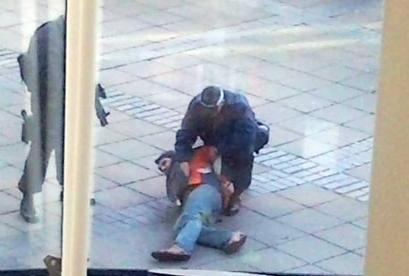 A spat between British and Pakistani officials has followed the arrest of 11 Pakistani nationals in northern England on Wednesday.
A spat between British and Pakistani officials has followed the arrest of 11 Pakistani nationals in northern England on Wednesday.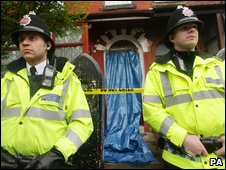 “We have heard from this government before that ‘we are dealing with a very big terrorist plot’ (
“We have heard from this government before that ‘we are dealing with a very big terrorist plot’ (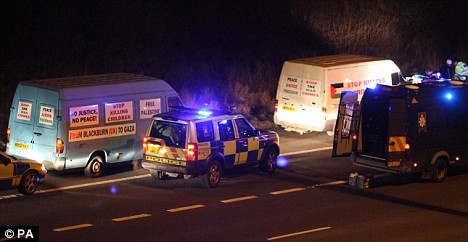
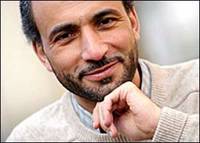 The lines between the Obama and Bush administrations appeared blurred this week after a lawyer for the government argued a ban should be upheld against the entry of Tariq Ramadan, a leading Muslim scholar.
The lines between the Obama and Bush administrations appeared blurred this week after a lawyer for the government argued a ban should be upheld against the entry of Tariq Ramadan, a leading Muslim scholar.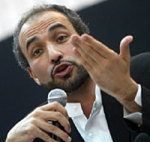 A group of academic and civil rights organisations has written to the Obama administration asking it to end U.S. visa refusals to foreign scholars apparently because of their political leanings.
A group of academic and civil rights organisations has written to the Obama administration asking it to end U.S. visa refusals to foreign scholars apparently because of their political leanings.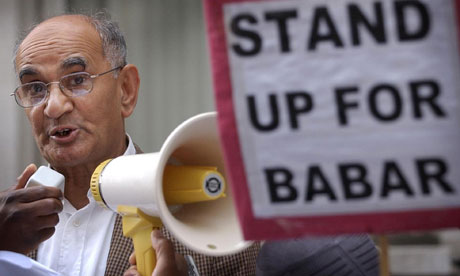 The Metropolitan police today agreed to pay £60,000 damages to a British Muslim after a high court admission that officers had subjected him to “serious, gratuitous and prolonged” attack.
The Metropolitan police today agreed to pay £60,000 damages to a British Muslim after a high court admission that officers had subjected him to “serious, gratuitous and prolonged” attack.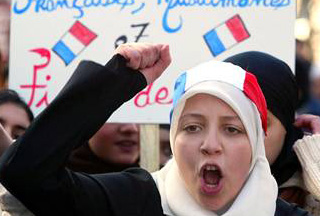 Muslim students have held demonstrations in Paris on the fifth anniversary of the banning of the Muslim headscarf in French schools.
Muslim students have held demonstrations in Paris on the fifth anniversary of the banning of the Muslim headscarf in French schools.